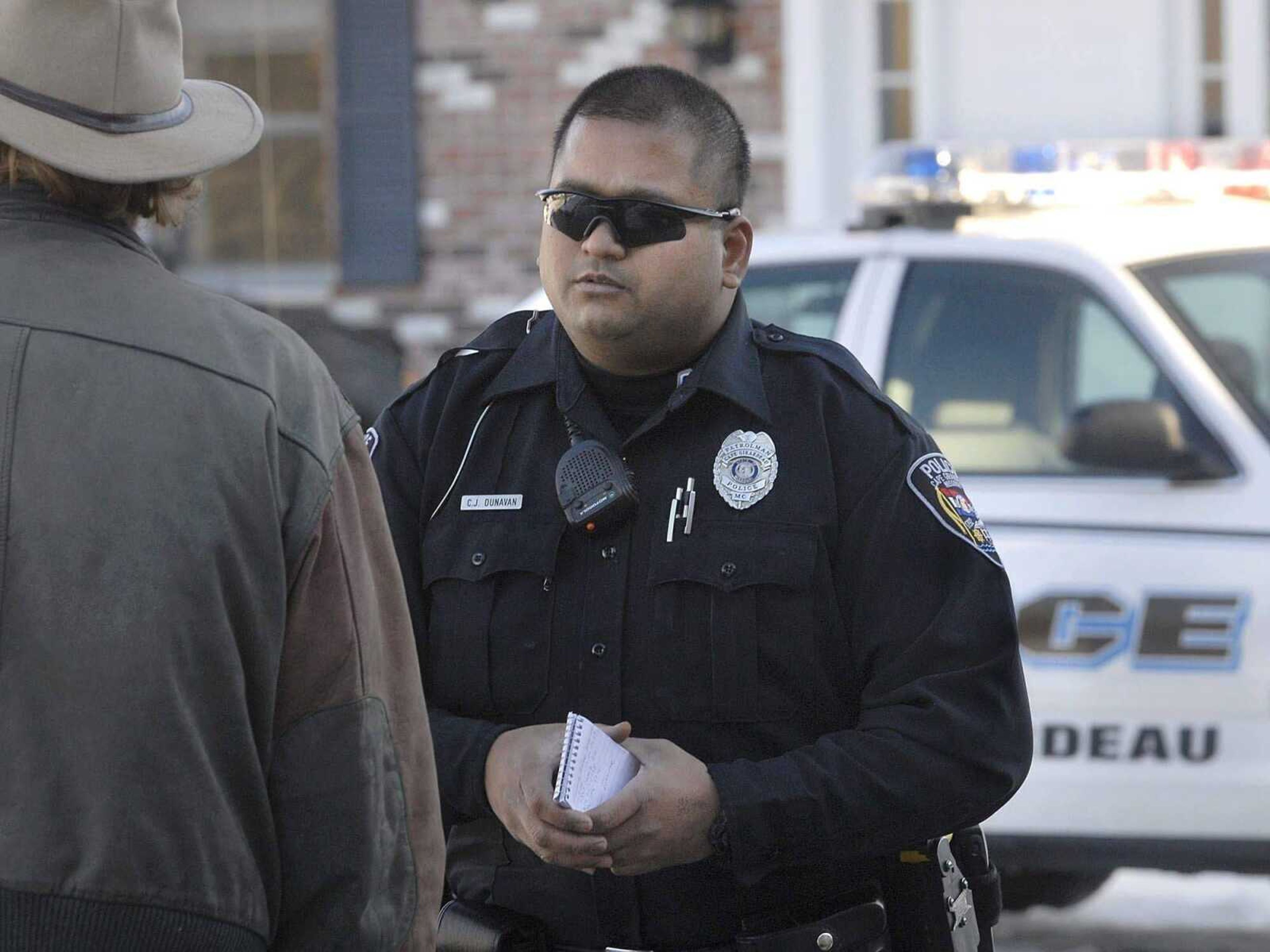Cape police work to build ties with landlords
When it comes to new approaches to policing, sometimes it's a matter of giving proven methods a little twist. The Cape Girardeau Police Department has always tried to incorporate a good working relationship with the community into its regular patrols, chief Carl Kinnison said...
When it comes to new approaches to policing, sometimes it's a matter of giving proven methods a little twist.
The Cape Girardeau Police Department has always tried to incorporate a good working relationship with the community into its regular patrols, chief Carl Kinnison said.
However, "we've really stepped up our relationships with land and property owners," said Richard Couch, community officer for the department.
The idea is that if police work toward better communication with those who own rental property in the city, they'll have more eyes watching for problems in a neighborhood before they get out of control.
Developing relationships with property owners, "people in the know," has helped police get a handle on drug crimes, Couch said.
"It helps with crime in general, people that are responsible with their property, they can say this may be going on in the neighborhood," Couch said.
The key to a community policing approach is finding little ways of reaching out to people in the community and building trust with them, in the hopes they will feel more comfortable reporting crime when it happens in their neighborhood.
"One of the things I think is really important is to work collectively with citizens to remedy problems," Couch said.
In many situations, fear stops people from reporting suspicious activity in their neighborhood, a factor that makes a strong rapport with police that much more important, Couch said.
"Building trust is just taking care of the citizens' needs, letting them know we're concerned about them and their problems," Couch said.
In most cases, people may fear retaliation if they go to the police with a problem.
"We understand there's a fear factor involved, but if we can get a heads up in those situations, we'll be that much further down the road," Couch said.
Police have also come to rely on Missouri Casenet, the state online search database for court information, as a valuable resource tool in gathering as much information as possible about offenders, Couch said.
The community officer plays a crucial role in the process of developing a working relationship with the community because that officer has more time to devote to getting to know residents of any given area, Couch said.
"We can dedicate more time than the patrol division," he said.
When it comes to policing strategies, Kinnison said, no technology can replace old-fashioned police work.
"Really, policing hasn't changed much since Sir Robert Peel in the 1800s," Kinnison said, referring to the man credited with founding the first modern police force in 1812 in Ireland.
Much of effective policing amounts to forging a solid rapport with residents, assistant chief Roger Fields said.
"Usually, the guys with the best people skills make the best officers," Fields said.
Kinnison does acknowledge that newer technology has increased the need for officers highly trained in collecting physical evidence at crime scenes. Because DNA analysis is being used more heavily in pinning suspects to burglaries and property crimes, every patrol officer must be trained in evidence collection.
On Feb. 25, the department will unveil a new initiative, really a new way of viewing old problems, Kinnison said.
"It's really just changing our mindset and creating a narrower focus," Kinnison said.
bdicosmo@semissourian.com
388-3635
Does this affect you?
Have a comment?
Log on to semissourian.com
Connect with the Southeast Missourian Newsroom:
For corrections to this story or other insights for the editor, click here. To submit a letter to the editor, click here. To learn about the Southeast Missourian’s AI Policy, click here.










